May 31, 2007
I’ve done some sightseeing, and now I’m getting to the exciting business of working with teachers who want to teach democratic citizenship and economic leadership skills. My orientation to Malawi schools is revealing a stark contrast between their schools and those in the U.S, however, there are some similarities. The school system here is making progress under the current regime of President Mutharika, however, it is an uphill battle.
One might mistakenly think that since the problems are so prevalent and long lasting, that the children (and their parents) become accustomed and/or adapted to the problems. Take a look at this!
The first step school children take in the Project Citizen curriculum (which is my job this summer to help teach teachers) is to discuss and choose a public problem that they would like to research and explore how to solve by trying to influence public policy (i.e., government and other public authorities). This is part of the Civitas Africa curriculum that is designed and promoted by the Center for Civic Education, Calabasas, CA (funded by an Act of Congress and USAID).
Related to schools, these are the problems school children have said they would like to work on while fulfilling the Project Citizen assignment:
Teasing and bullying
Sexual harassment and rape
Toilets (not just clean ones but functional toilets)
Safety in their commute to and from school; many girls would prefer to live in a weekly hostel, but they are seldom available except to those who attend private schools
Hunger is a problem since many come without eating but the schools seldom provide food
Exhaustion, especially when the girls get up around 4-5 am to do house chores before walking long distances to school, often unaccompanied
In primary grades, student-teacher ratio can be 100-350 to ONE teacher (in secondary, there are fewer students who make it to that level—one in 10,000—so the ratio is naturally smaller; then, about 1 in 100,000 make it to college level education.
School buildings without roofs or plumbing, e.g., water for drinking or washing
Few, in any, school supplies such as pencils and paper
Some students chose the following problems:
“Schools do not teach skills that adequately prepare students to get jobs when they graduate,” especially because so few advance to secondary because of lack of funds or they are needed at home to work, especially the girls)
“Some students use abusive language and other forms of expression that are insulting to certain groups of people”
“Lazy teachers”
“Teacher-student love relationships” (it’s illegal, but male teachers are known to proposition their female students)
“Vandalism”
Other Problems the children have chosen:
Child labour
Drug and alcohol abuse
Rape
Child defilement
Poverty
HIV and AIDS
Pre-marital sex
Problems regarding elections:
A large number of people do not vote in elections
Some candidates use money to influence people to vote for them
Violence during campaign meetings
Rigging votes
Problems regarding women:
Wife battering
Property grabbing (some relatives feel entitled to your belongings)
Sexual harassment
Some people use language and other forms of expression that are insulting to certain groups of women
Problems concerning the environment:
Ineffectiveness of governmental departments on enforcing laws
Relieving oneself in public places
Deforestation
Other problems school children have selected to work on for their Project Citizen assignment:
Problems related to community standards:
Some stores advertise and sell tobacco and alcohol near schools
Lack of facilities to accommodate persons with disabilities
Public transport drivers not observing speed limit and road signs
Video shows of pornographic materials
Problems related to hospitals:
Inadequate health and medical facilities
Theft of medical facilities
Shortage of health personnel
Ill treatment of patients
These are some pretty serious matters young secondary students are taking on as their assignment. I am humbled and honored to be working with them and their teachers this summer.
Subscribe to:
Post Comments (Atom)




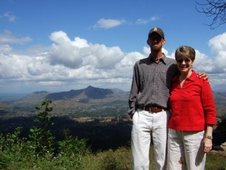




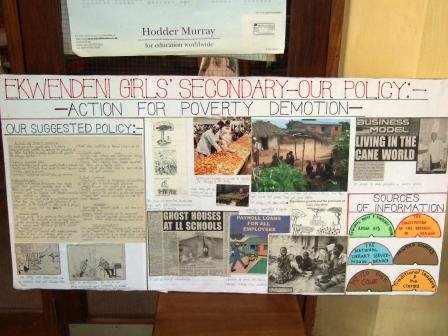
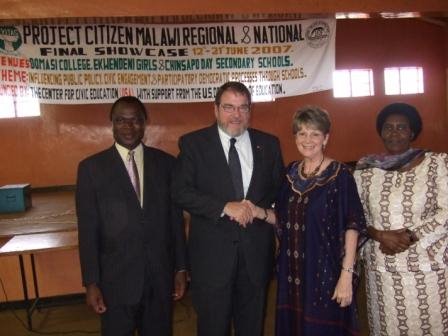
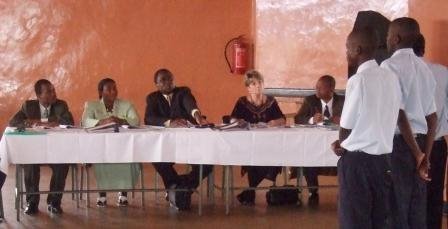
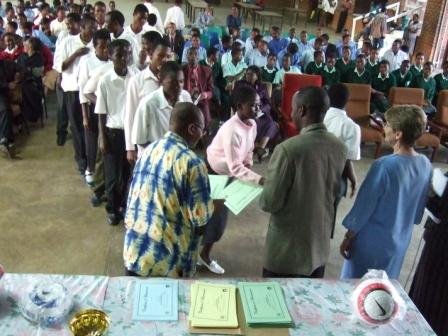
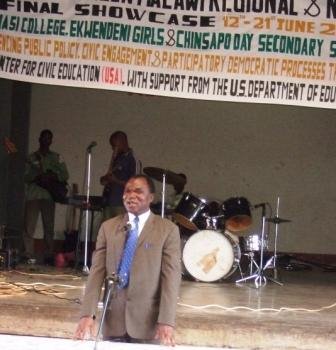

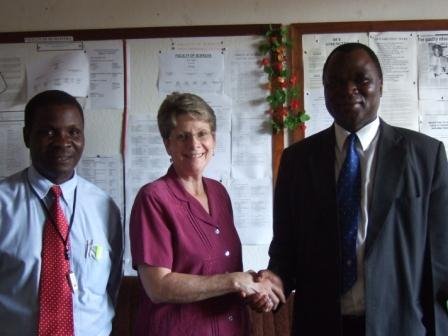

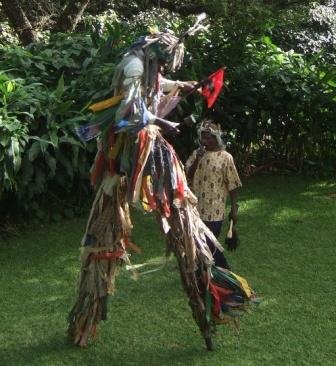
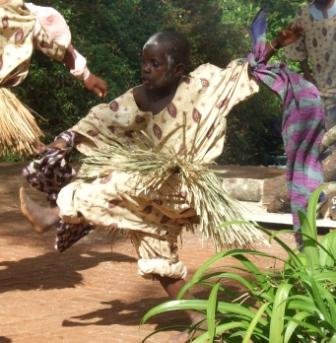
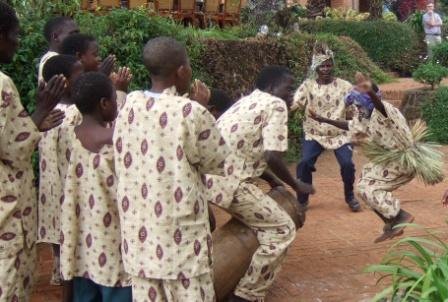

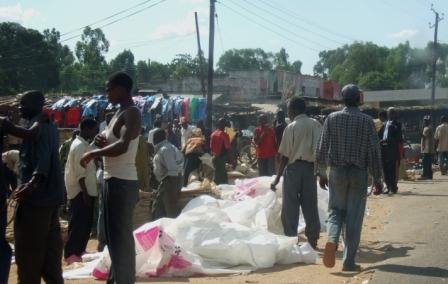

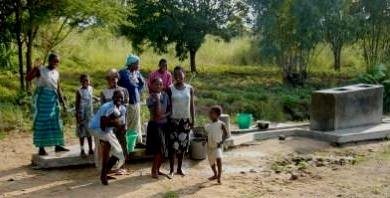
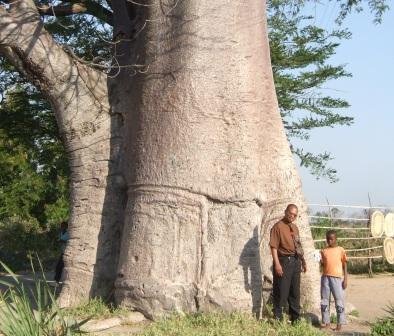
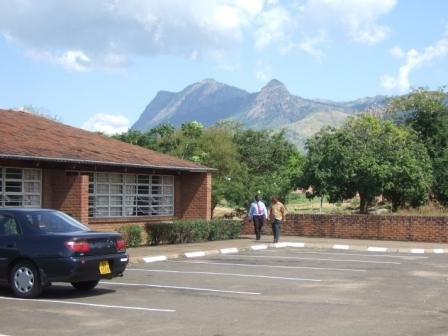
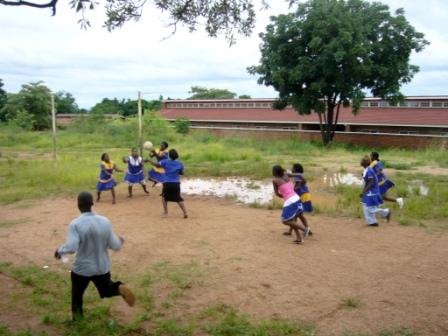


1 comment:
Fay- good post. SOunds like some great kids. Wonderful pix as well. City looks very clean, compared to my environment. School is so nice too! I am happy for you and know you will "be the blessing" to many. Love them - love them all! Kwaheri!
Post a Comment